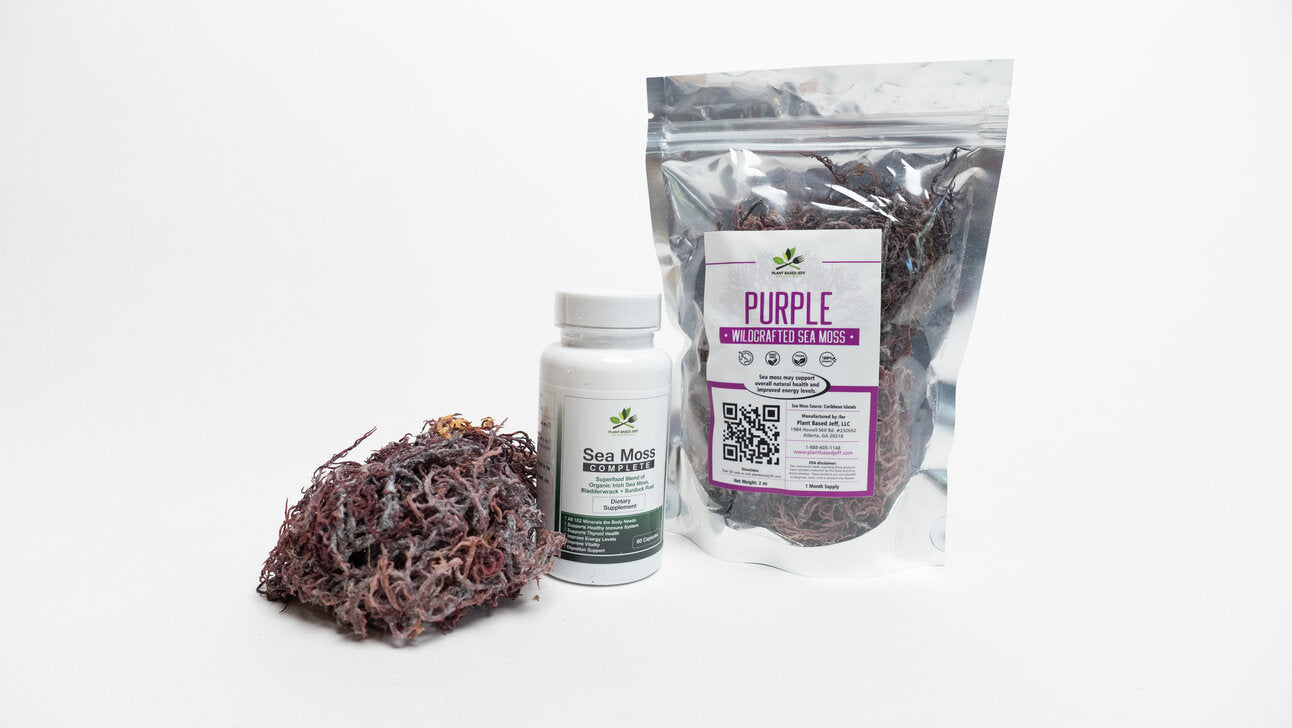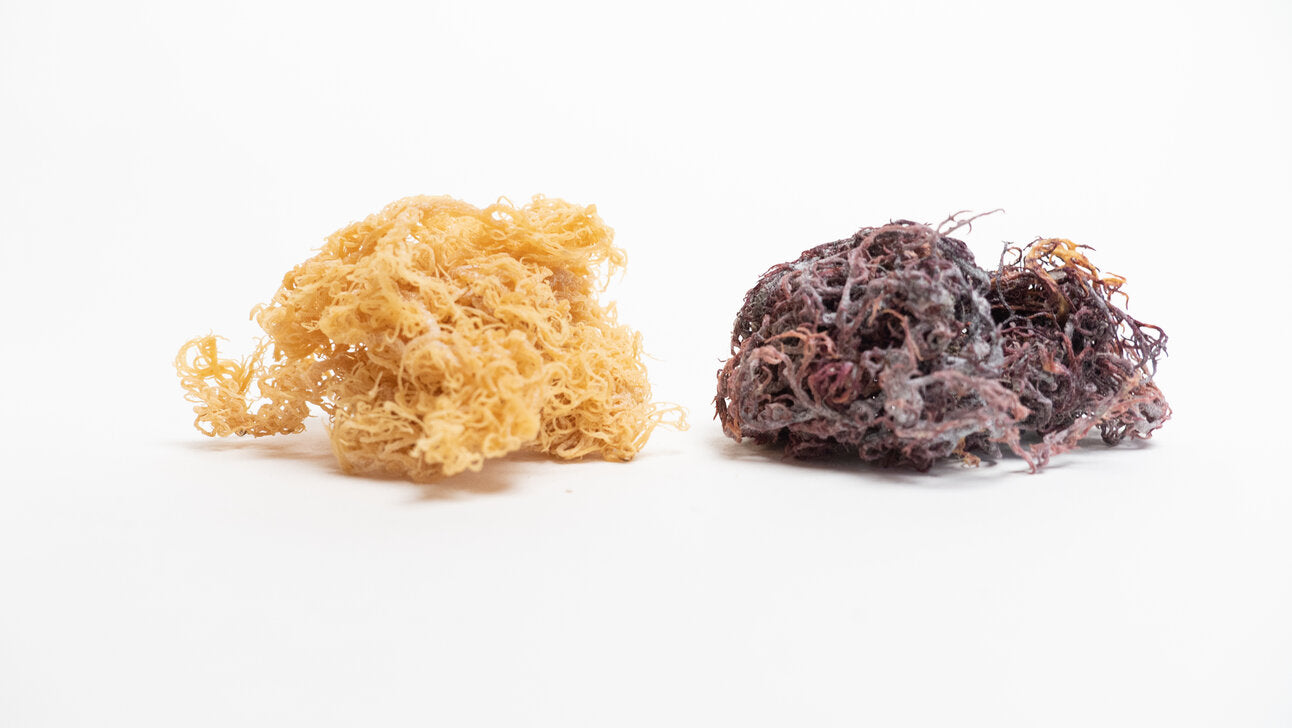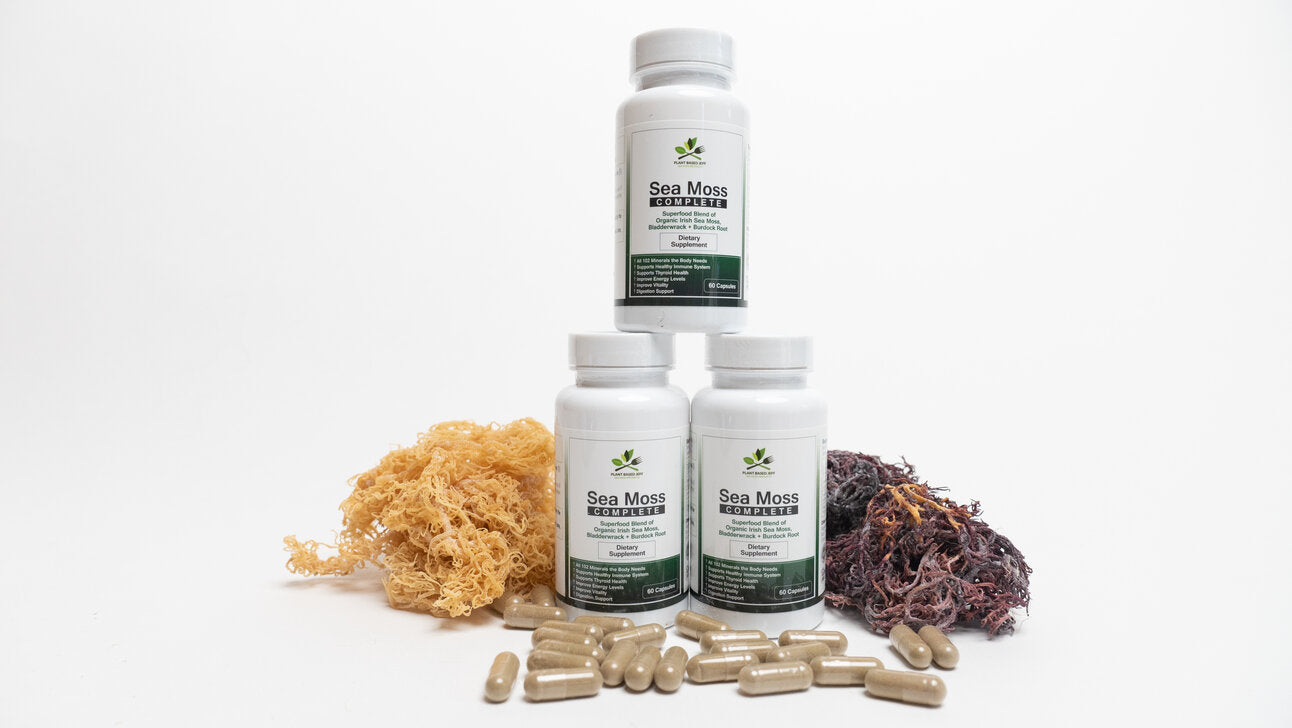
How Beneficial Is Sea Moss to Your Body and Health?
Health enthusiasts always look for new food sources to help keep their healthy lifestyle. Sea moss is a mineral and vitamin-rich form of seaweed.
Below, you will learn some amazing health benefits and possible side effects of sea moss to help you get started on your research.
Sea Moss Is Heart-Friendly
Seaweed is a superfood in its own right. It has a higher fiber level than most vegetables, which is beneficial because fiber offers numerous health benefits. It can help control your blood sugar, lower your cholesterol, and minimize your chance of developing chronic conditions like diabetes and heart disease.
Sea moss may aid in the reduction of bad cholesterol, which is a risk factor for heart disease. It may also help in the reduction of blood pressure, which is another important element in heart health.
It May Help You Lose Weight
Seaweed contains a lot of fiber. Because high-fiber foods are satisfying, they may help you avoid overeating. Fiber keeps you fuller for longer, which may aid weight management.
It’s Iodine-Rich
Iodine is one of the most important nutrients for a healthy thyroid, but you can only acquire it through your diet because your body does not produce it. Some individuals receive iodine from dairy, shellfish, and iodized salt so someone who is more health conscious and avoids these things could benefit.
It Promotes Digestive Health
Bacteria, both beneficial and dangerous, abound in the digestive tract. Because gut health is linked to general health, balancing out those bacteria is crucial to your overall well-being.
Algae like sea moss are high in fiber and living bacteria. It can aid in the replenishment of beneficial bacteria in your intestines.
It Can Help You with Your Workouts
Taurine, an amino acid found in sea moss, is beneficial to muscle growth. When exercising, you get micro-tears in your muscles, but amino acids can help with recuperation.
Sea moss also contains roughly 6 grams of protein per 100 grams, making it an excellent source of protein for athletes.
Just don’t rely on sea moss to recover from a workout. You should still make sure you’re taking enough decent food, drink, and rest.
Side Effects of Sea Moss Supplements
Because sea moss is a product of its surroundings, its nutritional content is highly dependent on where it is cultivated.
With any marine algae, you can get too much iodine. Endocrinologists advise avoiding using iodine supplements unless your doctor specifically recommends them since they can harm your thyroid.
Heavy metals can be absorbed by seaweed from the water in which it grows. Although it is not dangerous in modest doses, you should avoid consuming too much seaweed.
Conclusion
Experts say that taking 4 grams of sea moss per day is generally safe, but you should consult your doctor first, especially if you already have hyperthyroidism or hypothyroidism. It’s available in a variety of supplement forms, including capsules, gels, gummies,, and powders. It can also be taken raw if cleaned.
It’s entirely up to you which version you choose. It doesn’t matter what you prefer as long as you follow the right dose guidelines.
If you’re looking where to buy authentic sea moss , feel free to shop around Plant-Based Jeff! We’re a one-stop shop for all-natural products such as Wildcrafted sea moss, sea moss capsules, and many more. Check out our catalog today!



Leave a comment
This site is protected by hCaptcha and the hCaptcha Privacy Policy and Terms of Service apply.